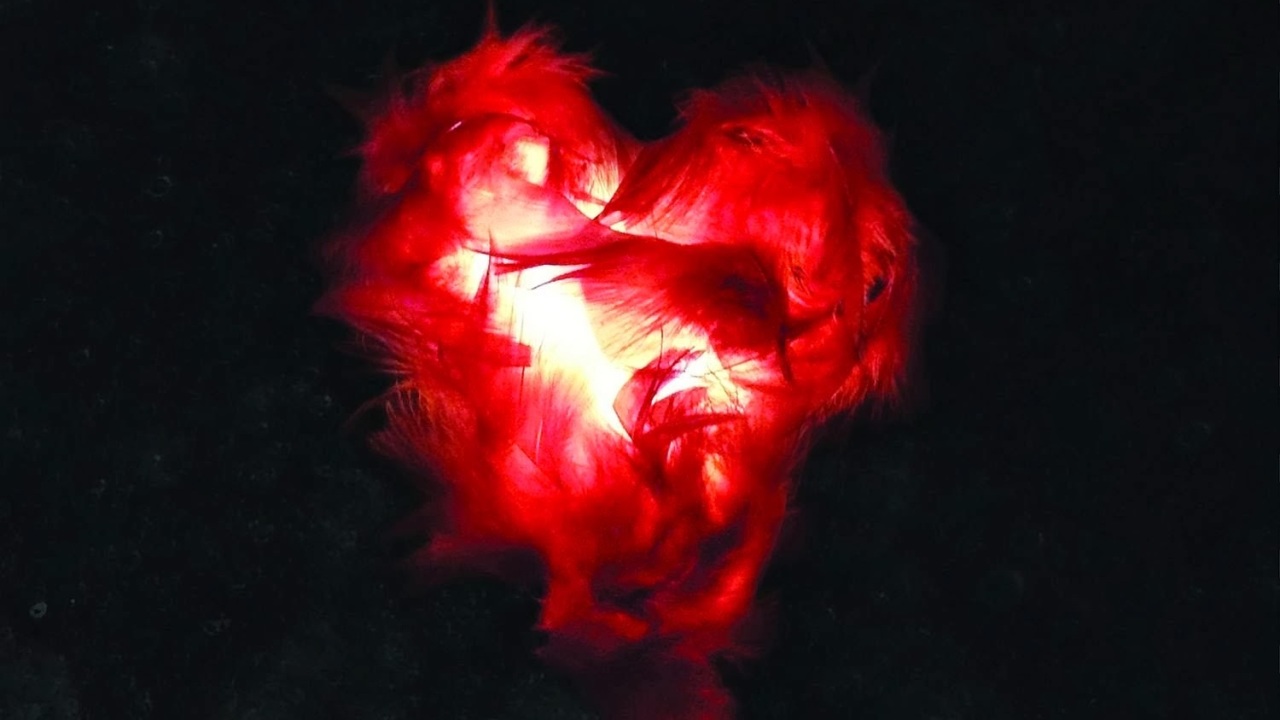‘I’ve been waiting for this moment all the years of my life,’ sings Anne-Marie Helder on the title track of Panic Room’s fourth album. ‘The old world is behind us, disappearing as we drive...’ All of which suggests a new era; a statement of change. Lyrically, Incarnate delivers those, with references to travel, search, love and passion. If musically it’s nothing breathtakingly bold or experimental, it moves through its passages and plains with solid muscularity, slickly produced and arranged.
You sometimes yearn for more surprises, but the Swansea-based band seem intent on establishing themselves as a polished, professional force. The progressive twists and turns of their 2008 debut Visionary Position have been put on the backburner. Satellite and SKIN focused on more cohesive songs, reining in any eccentricity, and Incarnate also embodies that considered desire.
Anybody who saw Helder opening for Steve Hackett’s Genesis Revisited shows last year will know she has a powerhouse of a voice. What with her work with Jonathan Edwards as Luna Rossa and with Gavin Griffiths as Mostly Autumn, the members of Panic Room keep themselves busy.
Paul Davies left last March; Morpheus Rising’s Pete Harwood helped out for their last tour. They’ve now added Adam O’Sullivan on guitar for this album. From the very beginning – the serrated but seductive riff of opener Velocity – he’s impressive, bringing dynamism and a cutting edge. Yet despite its mention of mountains falling into the sea, Velocity is a straightforward rock middleweight.
Start The Sound plays with string arpeggios that, oddly, echo Lou Reed’s Street Hassle, while Helder pleads for greater communication. Her voice dominates the album. One high cry of ‘I believe’ stretches almost to infinity. The seven-and-a-half-minute title track, documenting a quest to ditch the city for nature’s ‘brand new horizon’, sees her both wailing and whispering, the band evoking an intriguing sense of suspense midway through, before gathering massive momentum again.
The other lengthy number, Into Temptation, glides from a dramatic synth-and-voice intro to a broad-building climax. There are softer moments later (All That We Are, Close The Door), while The Waterfall makes mischief with some Supertramp-like keyboard stabs. Intriguingly, the finale, Dust, offers a more ominous, shivery, almost gothic darkness, creating an entirely different mood, before everything reverts to big and beefy.
There’s a distinct hint there that Panic Room may be ready to explore more structural light and shade – Incarnate feels like a holding pattern. Consummately performed, but lacking that intangible je ne sais quoi.

